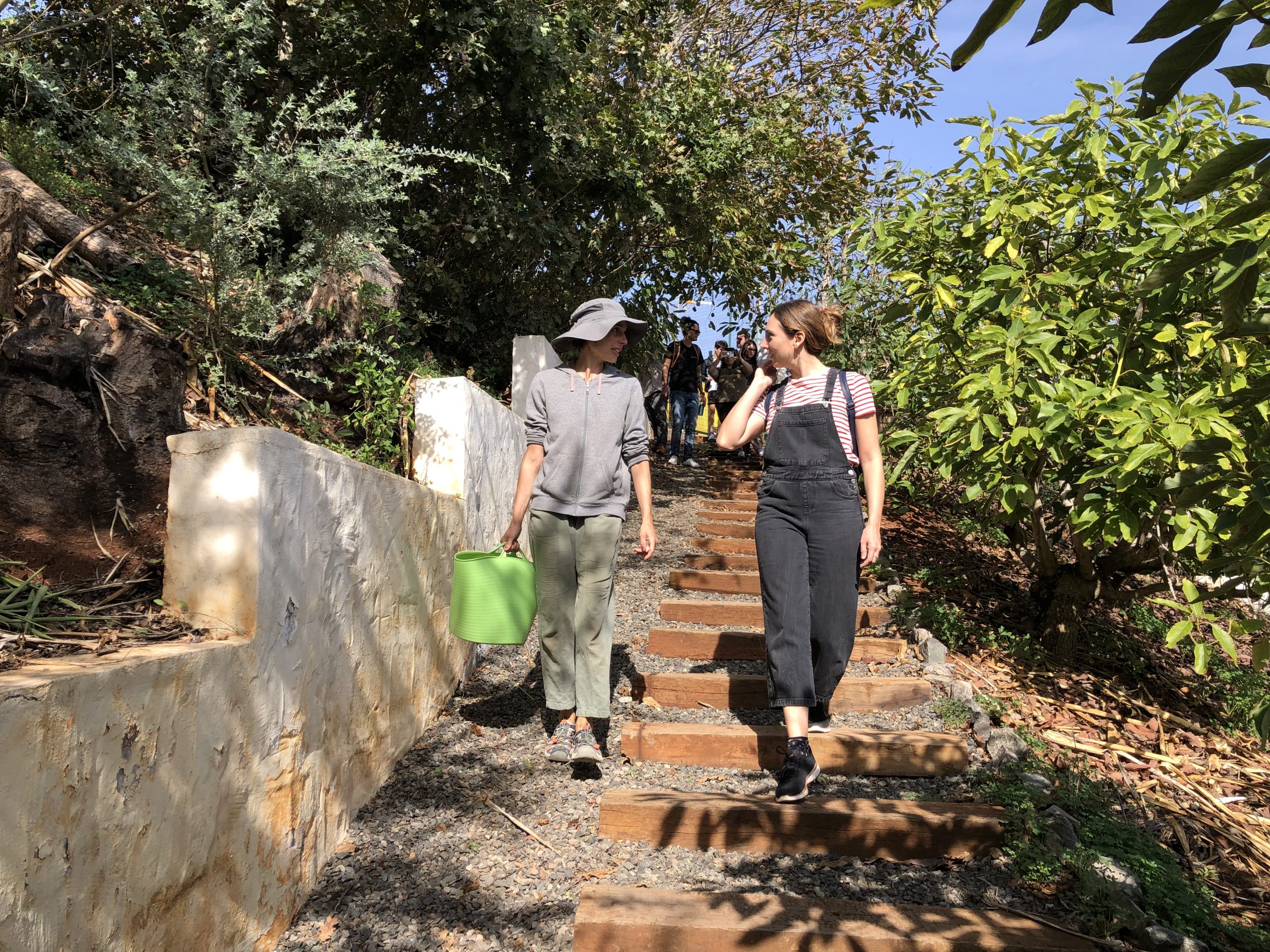Embarking on a Journey of Collaboration, Innovation, and Real-world Impact
In the realm of Horizon Europe, the multi-actor approach (MAA) stands as a beacon of collaborative innovation, a methodology where diverse stakeholders unite to co-create solutions addressing the genuine needs and challenges faced by farmers, foresters, and rural communities. This paradigm shift towards a more demand-driven, reliable, and socially relevant Research and Innovation (R&I) process is evident in the Horizon-funded multi-actor projects, which are forging new paths in the interactive innovation model.
Understanding the Multi-Actor Approach
At its core, the multi-actor approach is an interactive innovation model that brings together actors with complementary backgrounds and expertise. This holistic engagement involves researchers, farmers, foresters, advisors, businesses, consumer associations, and more, creating a dynamic collaboration that spans the entire project lifecycle. The approach is deeply embedded in the fabric of Horizon Europe’s Cluster 6 Work Programme, exemplifying a form of responsible R&I that resonates with society’s needs.
The Interactive Innovation Model in Action
The interactive innovation model is not a theoretical construct but a living, breathing entity manifesting in various Horizon-funded initiatives, including thematic projects, advisory networks, living labs, and CAP-funded Operational Groups (OG). These projects are not merely research endeavours; they are co-creative processes that emphasise tacit knowledge, real-world needs, and the active participation of practitioners.
Building Blocks for Success: Key Actors in Multi-Actor Projects
In a multi-actor project, success hinges on the genuine and sufficient involvement of a diverse array of stakeholders, each playing a crucial role. These actors include researchers, farmers, foresters, advisors, businesses, and even local communities and citizens. The goal is not merely to disseminate results but to ensure a co-creation process where practical and local knowledge converge with entrepreneurial skills to develop solutions. This collaborative effort accelerates the acceptance and uptake of new ideas, approaches, and solutions.
Evolution under Horizon Europe
Under Horizon Europe, the multi-actor approach has undergone reinforcement, with revised and simplified definitions and requirements. It has also expanded its scope to cover all sectors under Cluster 6, including agriculture, forestry, rural areas, food, bioeconomy, environment, fisheries, and aquaculture. In the two consecutive Cluster 6 work programmes, 44% of the topics required multi-actor engagement, showcasing a commitment to this collaborative model.
Crucial Requirements for Multi-Actor Project Proposals
Detailed requirements for multi-actor project proposals are outlined in the Horizon Europe work programme. Proposals must meticulously demonstrate their alignment with the needs of end-users, the balanced composition of relevant key actors, the use of existing practices and tacit knowledge, and the facilitation of the multi-actor engagement process. The emphasis is placed on generating practical and ready-to-use knowledge that can be easily understood and freely accessed.
EU-Wide Communication through Practice Abstracts
To ensure widespread communication, areas related to the European Innovation Partnership for Agricultural Productivity and Sustainability (EIP-AGRI) and the Common Agricultural Policy (CAP) specific objectives must be summarised in ‘practice abstracts.’ These abstracts, following the EIP-AGRI format, act as conduits for sharing knowledge on agriculture, forestry, and rural development across the EU.
Multi-actor projects in Horizon Europe are not just projects; they are collaborative journeys that bridge the gap between research and practice, creating tangible solutions for the challenges faced by our agricultural and rural communities. The era of interactive innovation has dawned, and with it comes a promise of a more responsive, practical, and impactful future for European research and innovation.

